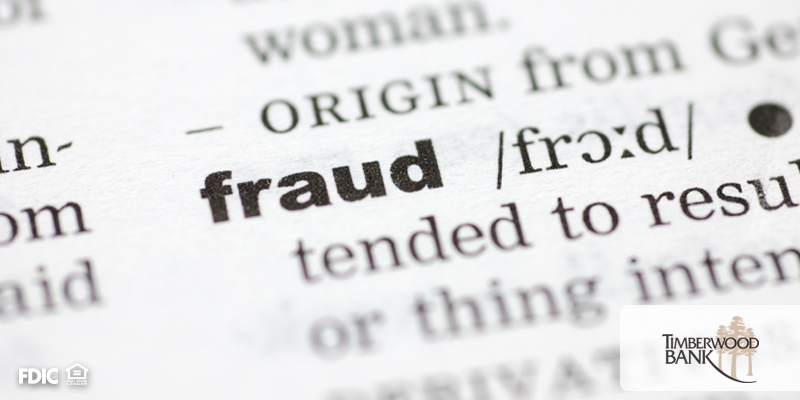It’s a typical day for a local real estate agent, until the click of an email threatens the entire business. Large corporations, small businesses and as shown in recent days, not even the government is immune to cyber attacks.
Why it’s Important
If you’re a small business owner, you may think you are too small for cybercriminals. However, the opposite is true as they don’t particularly care about the size of the data, but the value. If you have customer’s contact information, health data, credit card information or intellectual property- they want it now. Did you know that 43 percent of cyber attacks target small business, and that normal hacks to operations cost an average of $955,429 to recover? It’s of the utmost importance that your customers feel they can trust you with their information and that you follow through on that trust. Cybercrime is becoming the world’s largest business, and here is what you can do to protect your business -even if you don’t have a lot of room in your budget for security measures.
1). Tight Communication
You may not have the ability to provide each of your employees with their own technology devices, which means they may use personal devices for company use. This can open you up to many potential risks. You may want to create guidelines for using these devices and ensure that they are regularly updating passwords and following through on security updates. Fax is still the most secure form of communication in the business world-don’t be afraid to still utilize this!
2). An Action Plan
Create a simple security plan and share it with all of your employees, so they know that everyone is responsible for protecting data. It is worth the investment to hire an IT consultant to be monitoring your protocols, but if you cannot do that at this time, designate a current employee to oversee this. They should be informed, oversee basic security requirements and ensure the requirements are updated and used. 60 percent of businesses don’t survive a security attack. For the longevity of your business, it is incredibly important to take this seriously. Use the FCC’s helpful Cyber Planner here.
3). Strong Passwords, Patching & Encryption Software
Most business stay ahead of the game by simply creating secure passwords and patching their systems. Patching fixes security vulnerabilities with bug fixes and improving performance. Hackers can easily crack into your business through a weak web or email server. As a small business, setting up a Virtual Private Server would be a terrific option combined with encryption software. So even if a hacker was able to get into your system, they wouldn’t be able to decipher the material. An additional layer of security for clients would be to adopt Paypal or Square for protecting your customer’s financial information.
4). Educate
Unfortunately, most security breaches are due to a negligent employee or contractor. This reiterates how important it is to hire people you trust. Although you may not be able to thwart off every threat, educating your employees about cyber security either through weekly articles or full courses will help to better protect your growing small business. These practices should be integrated across all areas of your operations as well as having a response plan if this does occur. Remember, nobody is safe from Cyber crime.






